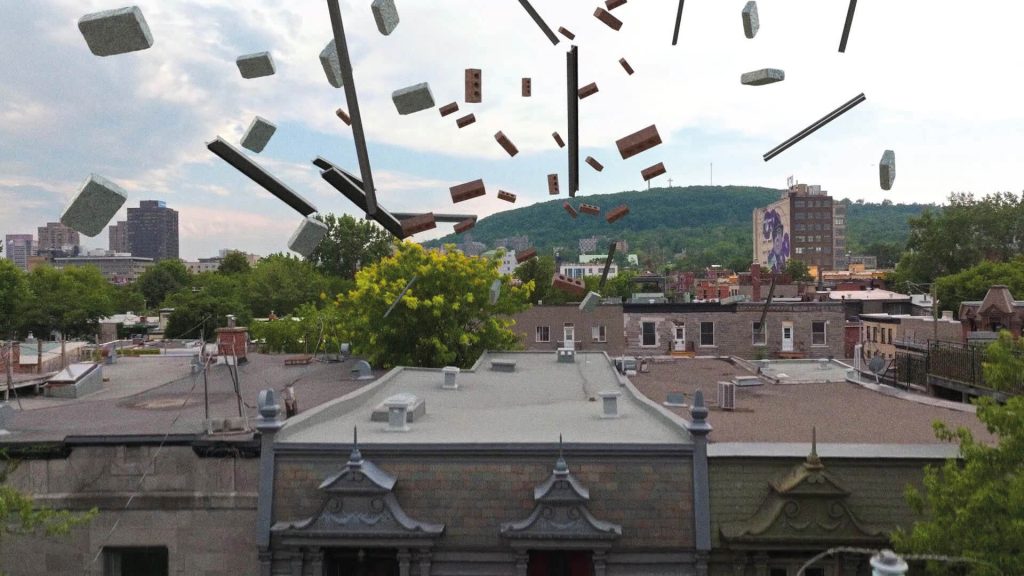
The program presents 20 short films and 5 feature films that delve into important issues related to architecture and the implications of urban development on our societies.
The Venice Architecture Film Festival comes to Multisala Rossini from November 13 to 15, created and curated by the Cultural Association ArchiTuned. The purpose that inspired and has driven the festival over the years remains unchanged: to investigate relevant issues in architecture and explore their anthropological and social implications for our society. Adaptations is the theme chosen for the 2024 edition, bringing to the public and experts in architecture and urban planning a collection of experiences from diverse realities, offering a broad overview and real-life snapshot of varied cultural contexts, social developments, and dynamics in inhabited environments. Climate change, geopolitical shifts, new information and construction technologies make it crucial to adapt our lifestyles, cities, logistical systems, and buildings, so we can live as communities today and in the future. Energy shortages, water scarcity, depletion of natural resources, global population growth, and the increasing number of people living in urban areas are all factors that will require our spaces to adapt to both natural and social demands. Adapting to these changes requires collaboration between governments, communities, and individuals. It demands investment in research and development, alongside forward-looking policies that can create sustainable spaces today and adaptable ones for the needs of tomorrow.
Competing in the festival are 20 short films and up to 5 feature films, judged by a jury that includes Kublai Film producer Marco Caberlotto, architecture academics Andrew Leach, Laura Negrini, and Luka Skansi, and video artist Silvia Pellizzeri. The films present many little-known present realities and countless possible futures, spanning works like 414 by Serena Wen and Zhen Yu Hue, Beyond the White Cube by Giulia Magno, End of Season by Leonor Martín, and Les Matérialistes by Jonathan Lapalme & Meggan Collins. Will humanity, which has always had the capacity to reinvent itself by transforming past models and reshaping nature to meet new needs, be able to design new models for sustainable living?